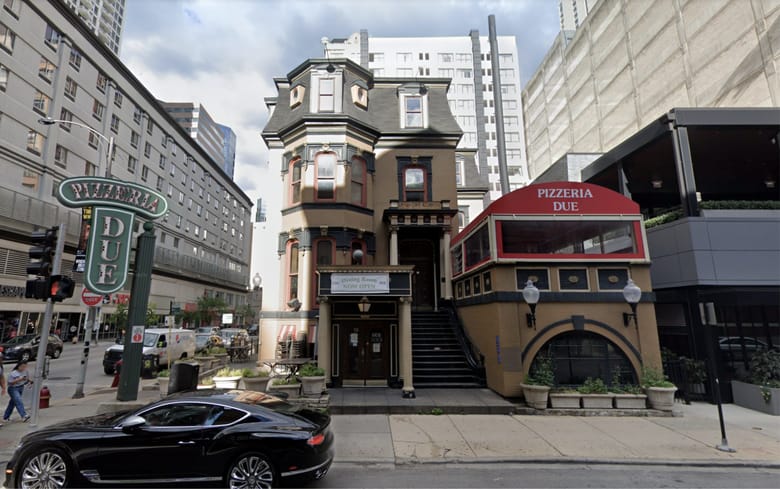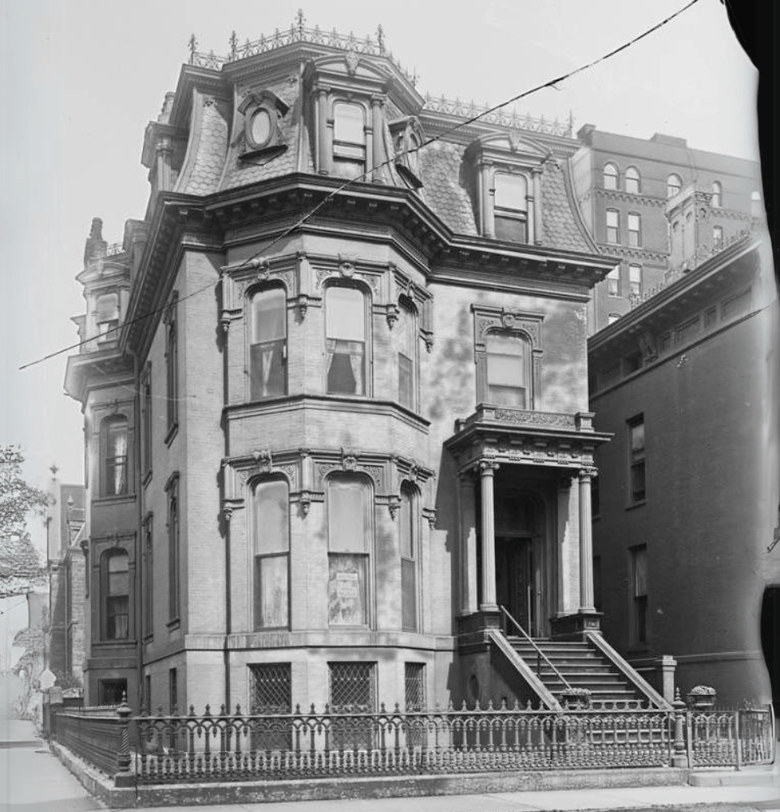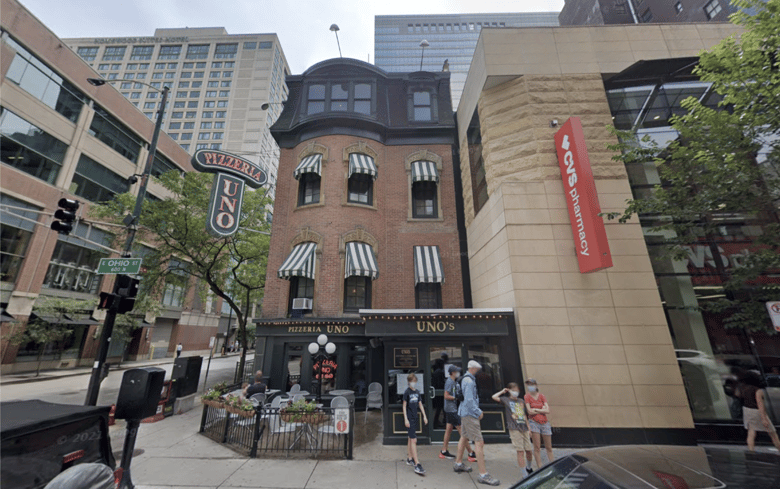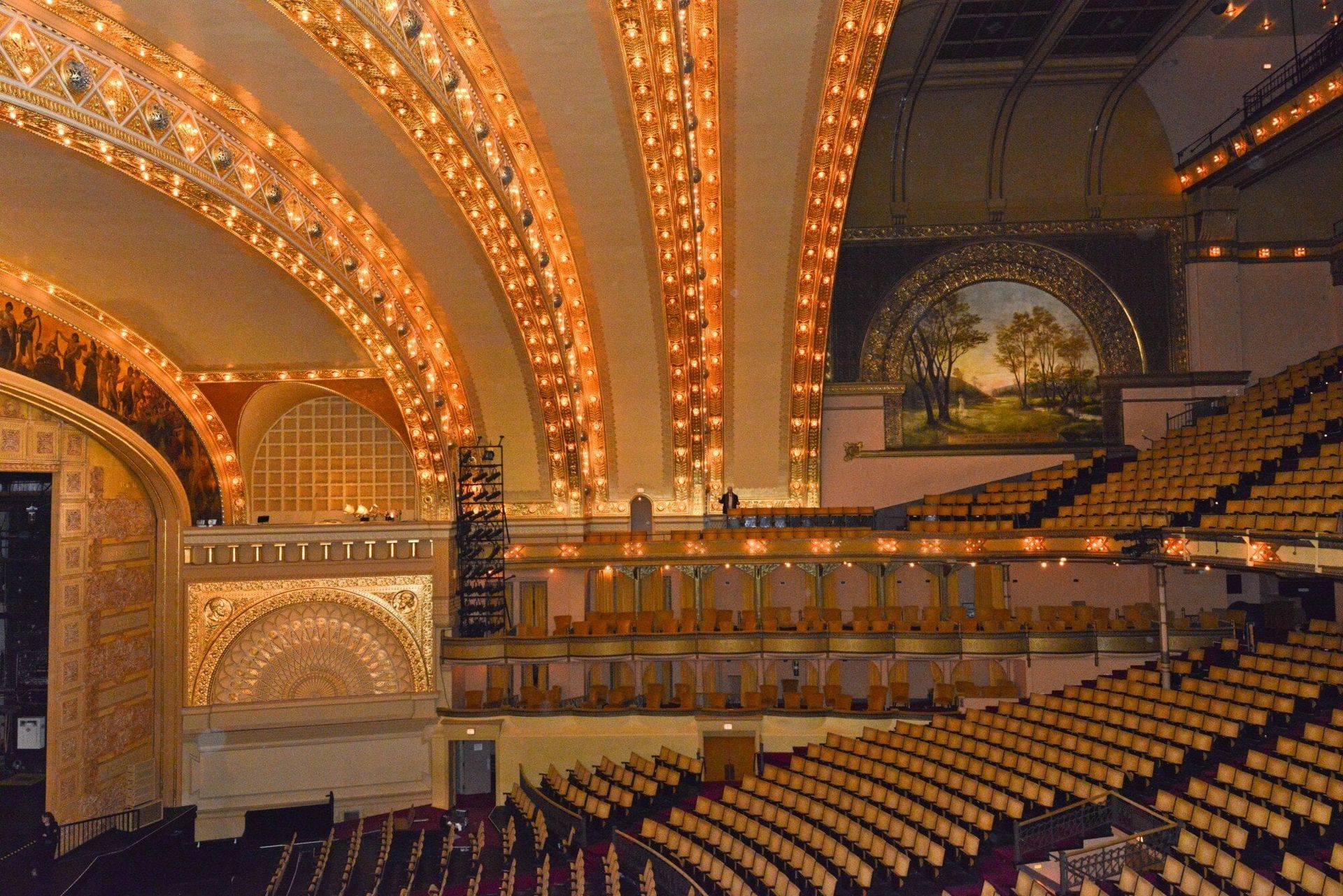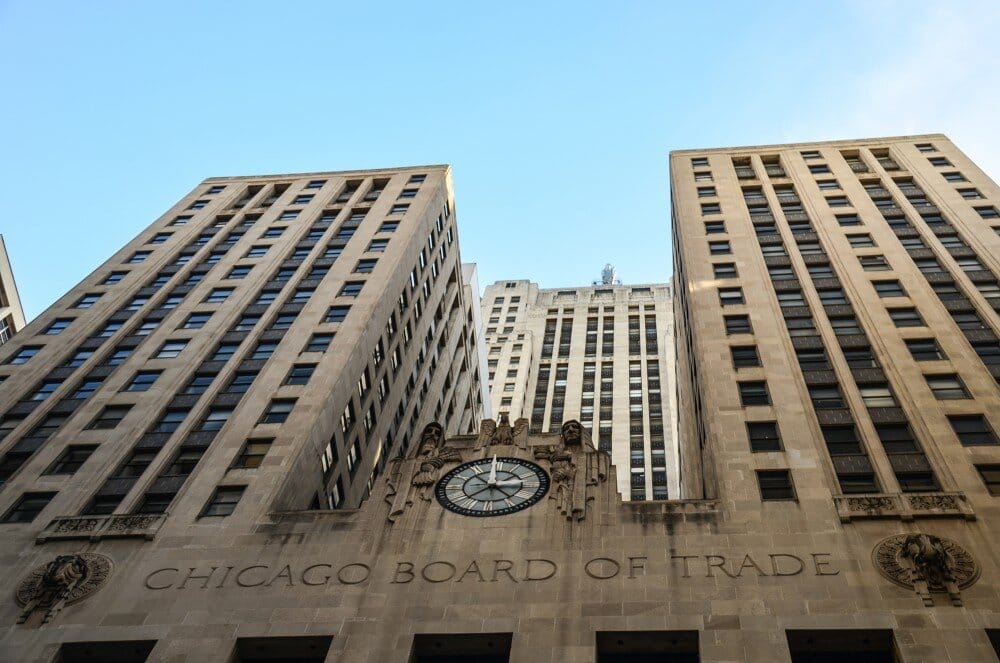The story traces back to Nathan Mears and his wife Elizabeth, who arrived in Chicago from Massachusetts in 1850. Nathan joined his older brother Charles in the lumber industry, becoming a powerhouse in the business as the city boomed.
flourishing fortunes
Nathan and his wife built their home at Wabash and Ohio (what was then 621 Cass Street), close to the lumber yards and the bustling Chicago River. As the city flourished, so did Nathan Mears' fortunes. He achieved success in the lumber business, earning respect both in business and politics. His support for the Union during the Civil War and his contributions to aid and infrastructure solidified his status as a founding figure in Chicago's history.
The Great Chicago Fire of 1871 brought devastation to Mears' empire, destroying many of his business properties as well as his cherished home. Despite the losses, Mears' primary lumberyard at No. 1 Kinzie St. remained intact and was up and running, rebuilding the city even as the ground was still hot.
Rebuilding after the fire
The Mears family quickly rebuilt their home after the fire at 619 N. Wabash (what is now Pizzeria Due). In 1892, Mears also built and gifted a home at 29 E. Ohio (what is now Pizzeria Uno) to his daughter Lucy and her husband Jonathan Slade. Both buildings are examples of the Second Empire architectural style, which was very popular at the time. Opulent and rich in ornamentation, this style is meant to convey wealth and status. Second Empire was meant to be extravagant and elaborate, conveying wealth and importance. Features include a mansard and flat roof topped with decorative iron called “cresting”, dormer windows with heavy and decorative framing, a solid and flat façade, and heavy massing.
where deep dish was born
Nathan Mears passed away just two years after the completion of the home on Ohio Street. Subsequent owners re-purposed both properties, with Ike Sewell converting it into Pizzeria Uno in 1943 and Pizzeria Due in 1955. It was at Pizzeria Uno where the deep dish pizza was born, marking a significant milestone in Chicago's culinary history. While ownership of the buildings changed once again in 2022, the new owners committed to keeping the buildings intact and will continue to serve this unique Chicago dish.
